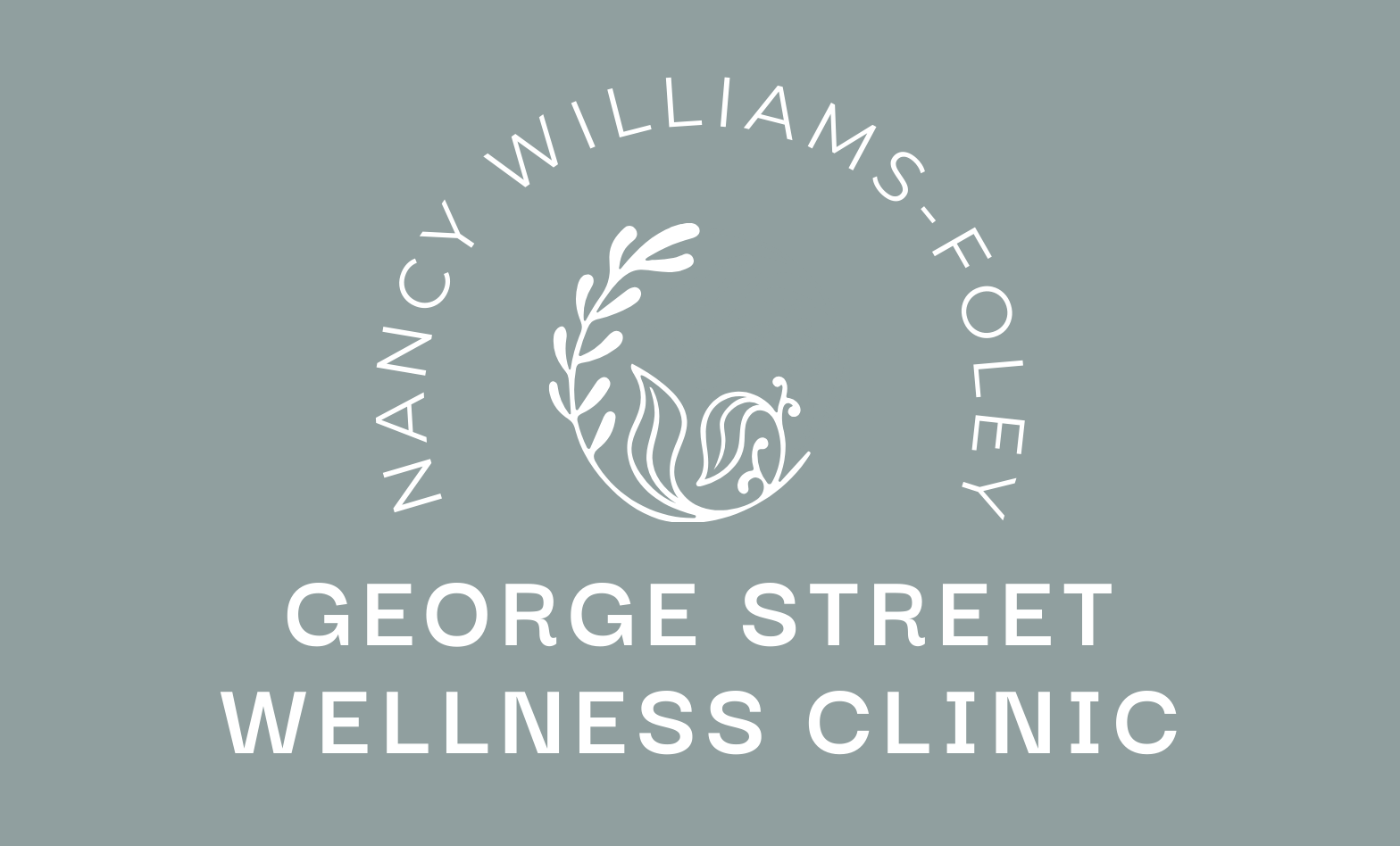EFT for Trauma Recovery: Releasing the Past and Embracing the Present
EFT for Trauma Recovery
Trauma can leave a profound imprint on the mind and body, often making it difficult to move forward and fully engage with life. Whether stemming from a single event or a series of experiences, trauma affects everyone differently. Emotional Freedom Technique (EFT), also known as tapping, is an empowering tool that helps individuals gently process and release emotional pain, enabling them to reconnect with a sense of calm and balance.
In this blog, we’ll explore how EFT works, why it’s so effective for trauma recovery, and how it can help you embrace a brighter future.
1. Understanding Trauma and Its Effects
Trauma often manifests as emotional, mental, or even physical symptoms. You might experience:
- Recurring intrusive thoughts or memories
- Heightened anxiety or fear
- Difficulty sleeping or concentrating
- Feelings of shame, guilt, or sadness
- Physical discomfort, such as tension or chronic pain
These responses are your body’s natural way of coping with overwhelming experiences. However, when trauma isn’t processed, these symptoms can linger and disrupt your daily life.
2. What is EFT and How Does It Work for Trauma?
EFT combines elements of psychotherapy and acupressure by tapping gently on specific energy points on the body while addressing painful emotions or memories. This technique helps to:
- Reduce Stress: Tapping lowers cortisol levels, calming the fight-or-flight response.
- Shift Emotional Patterns: EFT helps release the emotional charge tied to traumatic memories, allowing you to reframe your experience.
- Restore Balance: By addressing disruptions in the body’s energy flow, EFT promotes a greater sense of harmony and well-being.
EFT works by creating a safe space to acknowledge and process emotions without becoming overwhelmed.
3. The Science Behind EFT for Trauma Recovery
Research supports the effectiveness of EFT for trauma. Studies have shown that tapping can significantly reduce symptoms of post-traumatic stress disorder (PTSD), anxiety, and depression. In one clinical trial, 90% of participants with PTSD no longer met the diagnostic criteria after completing EFT sessions.
By calming the nervous system, EFT enables the brain to process traumatic memories in a more neutral way, reducing their emotional intensity over time.
4. What Happens in an EFT Session?
During an EFT session, Nancy will guide you through a sequence of tapping on specific points, such as the side of the hand, under the eyes, and on the collarbone. While tapping, you’ll focus on a particular memory, feeling, or thought related to your trauma and repeat affirming phrases.
For example:
- Acknowledging the pain: “Even though I feel scared when I think about this, I deeply and completely accept myself.”
- Releasing the emotion: “I choose to let go of this fear and feel safe in the present moment.”
The process is gentle and client-led, ensuring you feel in control at all times.
5. How EFT Can Help You Embrace the Present
EFT doesn’t erase the past, but it transforms how you experience it. By releasing the emotional charge tied to traumatic memories, EFT helps you:
- Regain a sense of safety and calm
- Build resilience and confidence
- Break free from patterns of fear or avoidance
- Reconnect with yourself and the world around you
With regular practice, EFT can empower you to move forward with greater clarity and peace.
6. Is EFT Right for You?
If you’re ready to release the weight of the past and embrace the present, EFT could be the perfect tool for your healing journey. Whether you’re seeking professional guidance or want to learn the technique for personal use, EFT offers a gentle yet powerful approach to trauma recovery.
Ready to Begin Your Healing Journey?
At George Street Wellness Clinic, I'm here to support you with compassionate care and proven techniques like EFT. If you’re curious about how EFT could help you overcome trauma and reclaim your life, we’d love to hear from you.
📞 Contact me today to schedule a session and take the first step toward healing.












